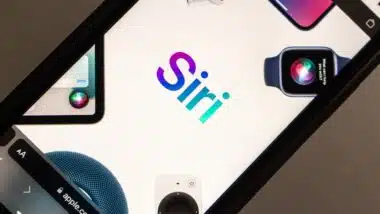
Biometric Information Privacy Act statute of limitations overview:
- Who: The Illinois Supreme Court has ruled that individuals will have five years to make claims under the Illinois Biometric Information Privacy Act (BIPA).
- Why: The state’s high court determined that an intermediate appellate court was wrong to institute a one-year privacy limit for claims made under BIPA sections revolving around profit restrictions and dissemination prohibitions.
- Where: Illinois.
The Illinois Supreme Court has ruled that individuals will have five years to make claims under the state’s Biometric Information Privacy Act (BIPA), increasing a previous limit of one-year for allegations a company had unlawfully profited from or shared biometric data.
Illinois’ highest court said an intermediate appellate court incorrectly ruled that the state’s one-year privacy limit was the proper governance for claims made under a pair of BIPA sections collectively revolving around profit restrictions and dissemination prohibitions.
Following the Supreme Court ruling, there will now be a five-year statute of limitation period for those BIPA claims, in addition to for sections and requirements on retention policy, informed consent, and data safeguarding.
The need to impose a limitations period was necessary since BIPA itself did not directly touch on any statute of limitations requirements, reports Law360.
The Illinois Supreme Court’s decision, meanwhile, was dependent on how certain BIPA claims applied to the publishing of biometric data, since the state has a one-year statute of limitations for privacy violation claims revolving around publication.
Illinois Supreme Court urged to apply five-year limit for all BIPA claims
A pair of former Black Horse Carriers employees had urged the Illinois Supreme Court to apply a five-year limit for all BIPA claims, arguing that publication itself is “never the trigger” under any of the act’s subsections, reports Law360.
Black Horse, a logistics company, had wanted a one-year statute of limitations, meanwhile, arguing that, even if publication was not the center of a BIPA claim, they clearly relate to alleged published privacy violations.
The former workers’ complaint reached the intermediate appellate court in 2021 after a state trial court declined Black Horse’s argument that the employees had launched an untimely claim, reports Law360.
A number of class action lawsuits were filed last year against companies over claims revolving around alleged BIPA violations, including Snapchat, 7-Eleven, Amazon, Louis Vuitton, and OKCupid, among others.
Has a company misused your biometric data? Let us know in the comments!
Don’t Miss Out!
Check out our list of Class Action Lawsuits and Class Action Settlements you may qualify to join!
Read About More Class Action Lawsuits & Class Action Settlements:
- Amazon class action alleges company collected, stored employee data during COVID screenings
- Five Guys time clocks violate privacy, class action lawsuit claims
- Louis Vuitton class action regarding virtual try-on privacy to proceed
- Match Group, Tinder class action claims companies illegally store face scans















28 thoughts onIllinois court rules five years instead of one on Biometric Information Privacy Act claims
I have used BIPA in Illinois
please add me
Add me
Add me